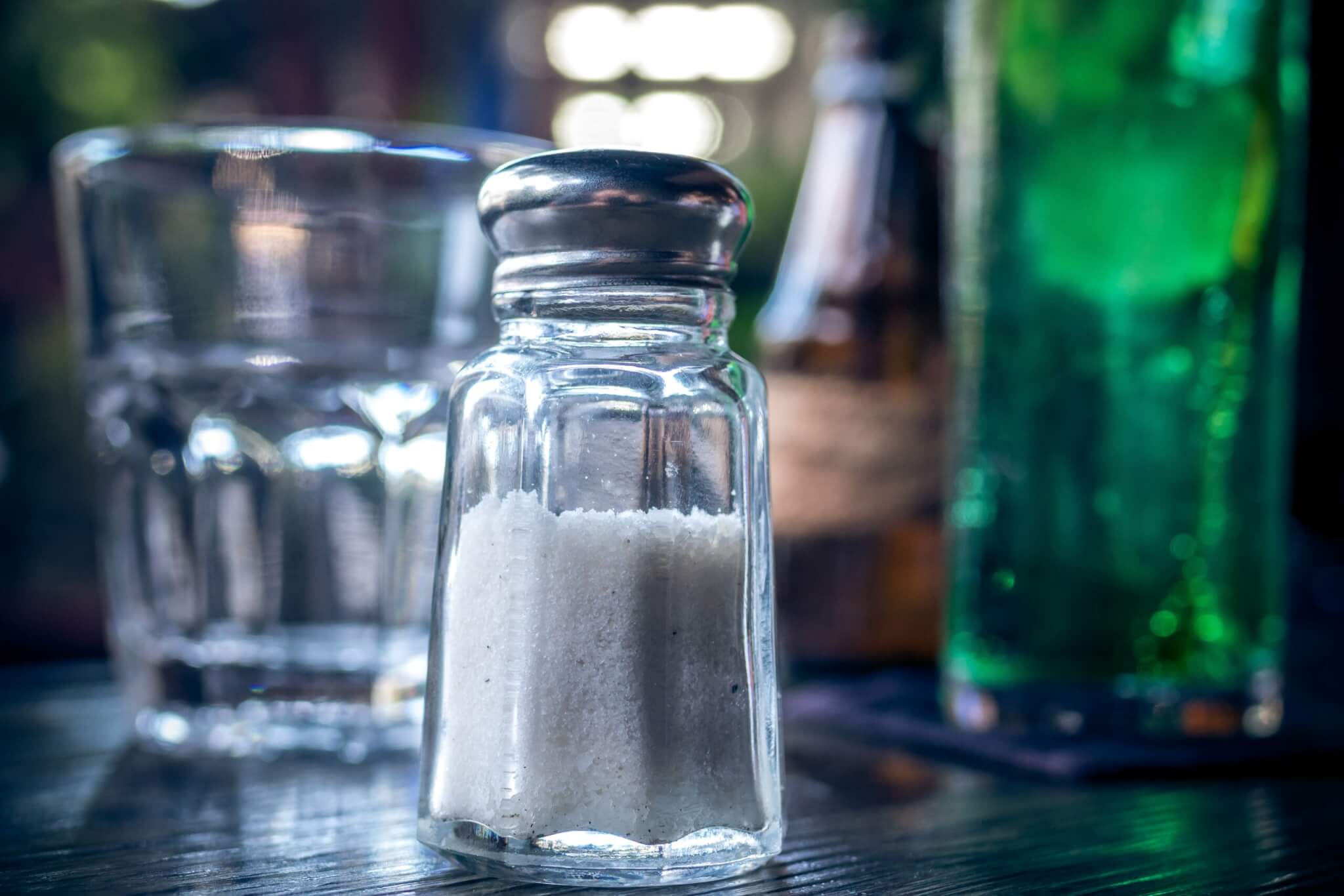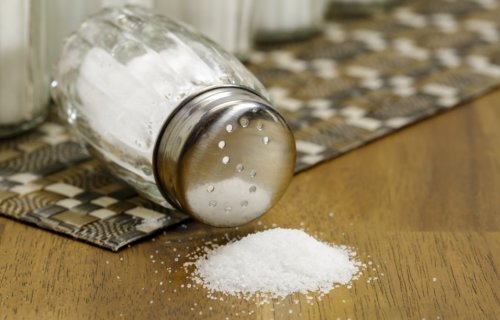SYDNEY, Australia — If you have high blood pressure, you may have heard that should consume less salt, and that’s about it. While salt makes up part of the picture, it isn’t the whole picture. Increasing your intake of potassium is equally important for lowering blood pressure, and experts are starting to speak up about it. An international group of experts is now calling for low-sodium, potassium-enriched salt to be part of the guidelines for hypertension treatment.
“We found current clinical guidelines offer incomplete and inconsistent recommendations about the use of these salt substitutes,” says Professor Alta Schutte from the George Institute for Global Health and UNSW Sydney, in a media release.
“Given the wealth of evidence available, we feel it’s time to include salt substitutes in treatment guidelines to help address spiraling rates of uncontrolled high blood pressure around the world and reduce preventable deaths.”
The overconsumption of sodium and underconsumption of potassium is a global issue, and both play their role in high blood pressure, thus increasing the risk of stroke and heart disease. Using a salt substitute where part of the sodium chloride is replaced with potassium chloride acts like a two-in-one solution.
Incorporating more herbs and other seasonings that naturally don’t contain salt is common for people to lower their added salt intake in the meals they cook at home. Sometimes, however, these strategies can change flavors and make food less enjoyable. When using potassium-enriched salt, people usually can’t even tell the difference. Salt is frequently overused because it offers flavor, so including more of these substitutes helps to reduce actual salt content in dishes without sacrificing food enjoyment.
“Unwanted taste effects are the main reason why efforts to reduce salt intake have failed for more than two decades. The willingness of patients to keep using potassium-enriched salt removes that barrier, which is why it can be a game-changer,” adds Prof. Schutte.

An international team of researchers from the United States, Australia, Japan, South Africa, and India reviewed 32 separate hypertension treatment guidelines published between 2013 and 2023. They found all guidelines referred to sodium reduction, mostly related to cutting back on salt. Many also recommended increasing potassium intake, but only two mentioned potassium-enriched salt.
“High blood pressure kills more than ten million people every year – almost 20 people every minute. Twenty percent of these deaths can be linked to a single culprit: eating too much salt,” says Dr. Tom Frieden, President and CEO of Resolve to Save Lives, a global public health organization focused on preventing 100 million deaths from heart disease. “Based on the evidence, there is little doubt that most patients with hypertension and their families should reduce their overall salt intake and, when choosing to consume salt, should switch from regular salt to potassium-enriched salt. This will help reduce blood pressure and protect against serious complications such as stroke and premature death.”
Dr. Frieden also notes that implementing these changes in the greater food environment is equally important.
“As a society, we must prioritize availability and accessibility of low-sodium, potassium-enriched salts – at home, in restaurants, and in grocery stores. These products should not be marketed or priced as a luxury. Low-sodium, potassium-enriched salt can become the new default.”
However, one concern with adding potassium-enriched salt to health guidelines is that this may not be indicated for people with advanced chronic kidney disease, as some people in this population need to limit their intake of potassium. According to Professor Bruce Neal, Executive Director at The George Institute Australia and Professor of Clinical Epidemiology at Imperial College London, people with significant kidney disease should not use potassium-enriched salts, but this only reflects a minority out of the general population, and doctors warn people with this condition to reduce their salt intake as well.
“No issues with serious harm from hyperkalemia were recorded in any of the trials to date, though all were done in clinical settings. Our recommendation for use in hypertension is based on patients being managed by a healthcare worker. Healthcare workers know not to recommend potassium-enriched salt in the presence of kidney disease and risks for these patients can be avoided,” says Dr. Neal.
“We strongly encourage clinical guideline bodies to review their recommendations about the use of potassium-enriched salt substitutes at the earliest opportunity – if the world switched from using regular salt to potassium-enriched it would prevent millions of strokes and heart attacks every year at very low cost,” concludes Prof. Schutte.
A Dietitian’s Take
The maximum recommended intake of sodium is 2,300 milligrams (mg) per day, while current recommendations for potassium are closer to 3,400 milligrams per day. The biggest recommendation for lowering blood pressure essentially boils down to “cut the salt.”
The issue is that for a lot of people, there’s more to it. Many with hypertension aren’t eating enough potassium, which is a mineral that regulates sodium. The more potassium you eat, the less salt your body holds onto. While there are potassium-enriched salt substitutes available on store shelves, they haven’t quite made their way into widespread recommendations. As a dietitian, I see lots of benefits to implementing potassium-enriched salts into our overall food environment, even if it may not be beneficial for everyone. Of course, having more trials to validate this thought will be crucial.
The findings are scheduled for publication in the journal Hypertension.
